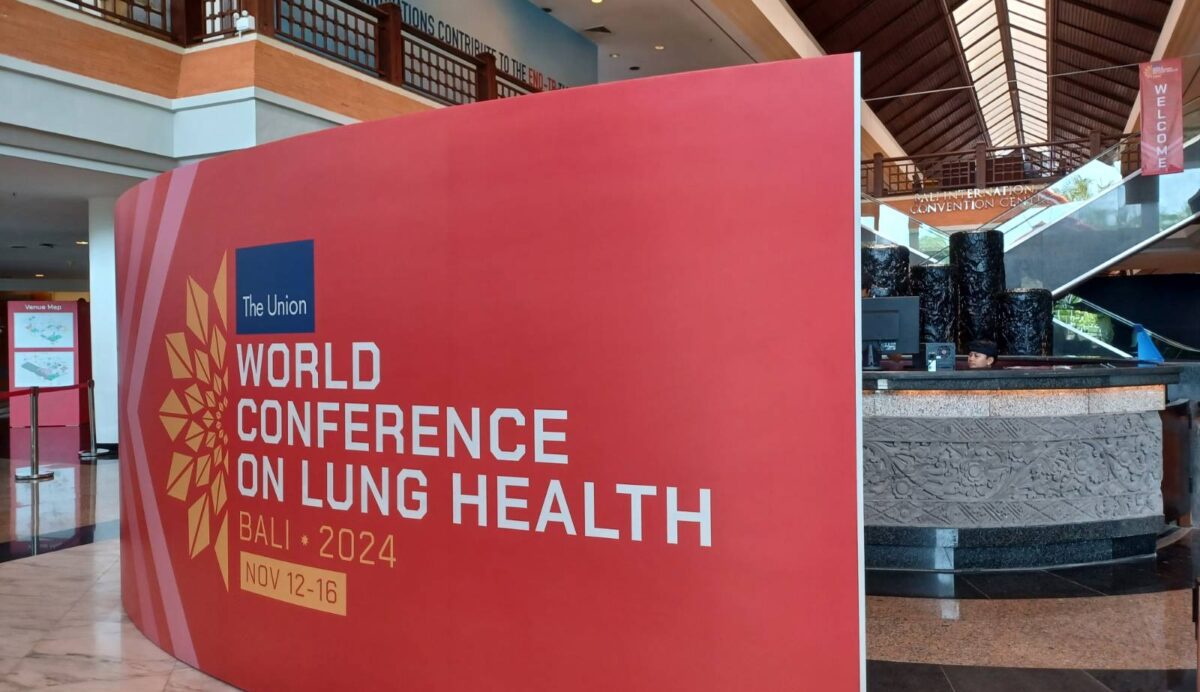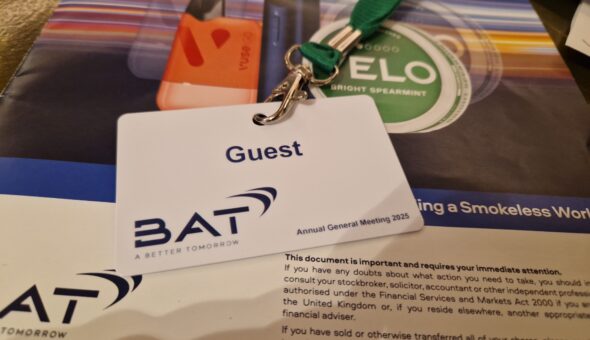In November 2024, a small team from the Tobacco Control Research Group travelled to Bali, Indonesia to take part in the Union World Conference on Lung Health. Here, communications and marketing lead Jacqueline Oliver reflects on the event.
Tobacco use kills around eight million people each year, with an increasing amount of those deaths and the associated illness occurring in low- and middle-income countries. In addition to the burden of the global tobacco epidemic, many of these low- and middle-income countries also experience high levels of lung disease, particularly tuberculosis (TB). It is widely known that tobacco use increases the risk of developing TB disease and impairs response to the treatment of the disease. Thus, many low- and middle-income countries experience a dual burden from tobacco use and tuberculosis.
This dual burden was among the topics discussed at the recent World Conference on Lung Health. This gathering of the international public health community brings together those who are striving to end suffering due to tuberculosis and lung diseases. It is truly a global event as representatives from 157 countries were present. As Professor Guy Marks, President of the International Union Against Tuberculosis and Lung Disease, said in his impressive opening speech “it is now time to end tuberculosis”.
This year’s conference took place in Indonesia, a country which has the second highest burden of lung disease in the world. It is also a country with a high tobacco use prevalence, particularly amongst men - 34.5% of all adults were current tobacco users in 2021, including a huge 65.5% of men. Indonesia has also neither signed nor ratified the WHO Framework Convention on Tobacco Control which was set up to provide a global response to the tobacco epidemic.
In light of the impact that the tobacco industry and tobacco use have on lung disease, there was a session track on tobacco control at the conference. Some of the topics covered throughout the week included the burden of smoking and impact of tobacco control measures, tobacco industry monitoring and endgame, e-cigarette usage and the TB-Tobacco epidemic.
TCRG’s Dr. Allen Gallagher co-chaired a session on ‘Combatting Big Tobacco: Uniting against industry influence on public health’ with panellists from India, Indonesia, Singapore and Thailand. Varied topics were covered in this session such as how tobacco industry interference is monitored through the global tobacco industry interference index, the challenges and solutions for dealing with online marketing of tobacco products, how to mobilise communities against tobacco industry influence and tobacco industry influence in policy development and e-cigarette marketing in Indonesia.
In addition to attending sessions and meeting public health colleagues old and new, TCRG also hosted a booth at the conference. We ran a tobacco control trivia quiz on this booth in which over 100 delegates took part from over 40 countries. The quiz was split up into questions on Environment & Farming, Industry Tactics, Policy & Regulation and Health Impacts. Unsurprisingly for a public health event, we found that the Health Impacts category was the most popular with delegates, followed by the Environment & Farming category.
Hosting this quiz was a great way for us to get an understanding of the level of tobacco control knowledge at the conference and introduce some of our areas of focus to delegates. We were really pleased to find there was a high level of knowledge among delegates of both tobacco control more generally and also of some of our own work. It was great to see such engagement with tobacco control even among those working in other areas of public health. Many delegates shared with us their struggles in treating lung disease while battling the growing influence of the tobacco industry in their countries. A lot of delegates did also acknowledge that they don’t always consider the influence of the tobacco industry in their work.
Attending this conference really highlighted to all of us that, as the tobacco industry increasingly targets vulnerable communities across the world, this double burden of tobacco and disease is only set to increase. Therefore, it is more important than ever for tobacco control experts to work closely with colleagues from across public health to tackle these challenges together. We were grateful to have the opportunity to attend the conference this year and look forward to building on some of the connections we made during the week in Bali.



